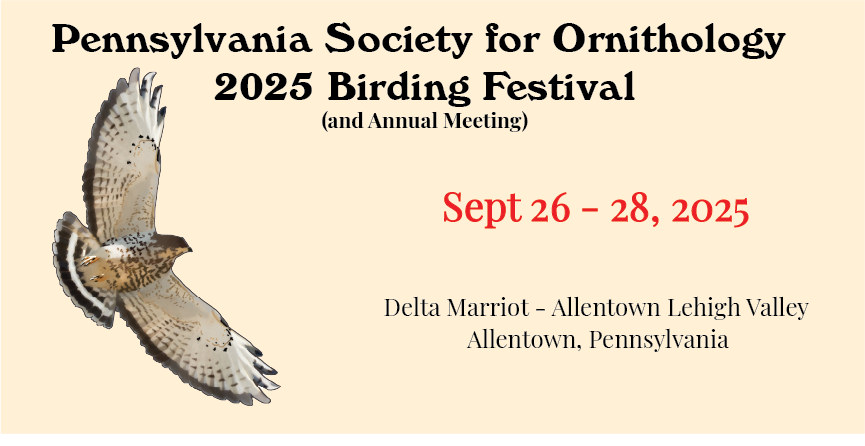Schedule
Friday, September 26, 2025
5 PM – Registration Opens (Vendors display their wares.)
6:00 – 8:00 PM – Social
7 PM – Annual Business Meeting and Festival Announcements (DoubleTree junior ball room)
8:30 PM – Nocturnal field trip departs from Delta parking lot
Saturday, September 27, 2025
Noon – 4 PM Vendors display their wares
*************************************************
1:00 – 1:40 PM – To be determined
*************************************************
1:40 – 2:20 PM – To be determined
*************************************************
2:20-2:40 PM – Break and vendor time
*************************************************
2:40 – 3:20 PM – To be determined
*************************************************
3:20 – 4:00 PM – To be determined
*************************************************
5:00 – 6:00 PM – Cocktail hour
5:30 PM – Open doors to ballroom (DoubleTree junior ballroom)
6:00 PM – Dinner begins (DoubleTree junior ballroom)
6:30 PM – Presentation of Awards (DoubleTree junior ballroom)
*************************************************
7:00 PM – Keynote speaker: Holly Merker
Sunday, September 28, 2025
7:00 AM – Field trips

